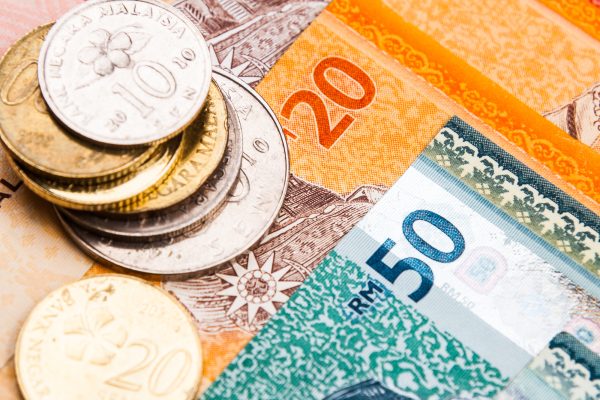
Shortly before Prime Minister Ismail Sabri Yaakob called a new general election, the Malaysian government released its 2023 budget. This is not unusual. The end of the year is when many countries in the region finalize their budgets; Indonesia, Thailand, and the Philippines have passed or are in the process of passing their 2023 fiscal plans. But because the budget was passed just prior to the election being called, some are wondering if it might be part of a grander strategy for the incumbent ruling coalition to, as Channel News Asia put it, “woo fence-sitters” with big spending.
In a way, all budgets do that to one degree or another. The purpose of government spending is to recycle tax and other revenue back into shared public and social goods like subsidies and infrastructure. The question is whether this budget spends more than it can afford or spends at historically high levels and in a way that is intended to drum up votes. So what is in Malaysia’s 2023 budget and is it likely to make a big electoral splash?
At 372.34 billion ringgit (about $79 billion at current exchange rates), overall spending is expected to decline by 3.4 percent from 2022. The deficit is expected to come in at 5.5 percent of GDP, the lowest it’s been since the start of the COVID-19 pandemic. Development expenditures, including some big infrastructure projects like the Trans Borneo Highway, are expected to get a boost of 32 percent. Subsidies and social assistance will shrink by 28.7 percent, but still remain at relatively high levels compared to previous years. The special COVID-19 Fund, which was allocated 37.7 billion ringgit in 2021, is being wound down, and those resources shifted into other parts of the budget. Planners believe the economy will grow at between 4 and 5 percent in 2023.
On first glance, much of this seems pretty reasonable. Spending remains elevated compared to historical levels, but is coming down from its pandemic heights. We see the same thing in Indonesia’s proposed 2023 budget, with overall spending falling from 2022 levels but still high compared to 2019. That a lot of money is being shuffled into subsidies (especially energy subsidies), both this year and in 2023, is also no great shock. Countries around the world are doing everything they can to ease the burden imposed by high global energy prices. And Malaysia can do more than most.
This is because high oil prices are a good thing for the government’s balance sheet. Revenue surged in 2022 to 285.2 billion ringgit ($60 billion), a 22 percent increase from the year before. About a quarter of that is from petroleum-related revenue, including big dividends paid out by state-owned oil and gas company Petronas. As I have written before, when Petronas earns it is a big boon for state finances, and 2022 has been a banner year for a lot of oil companies.
2023 is not expected to be as good, as oil prices are already falling, but next year still looks pretty solid. Coupled with modest but reasonable assumptions about 5 percent GDP growth, the government feels comfortable it can maintain expansionary fiscal spending while still keeping the deficit in check. This is more or less what you would expect from an oil exporting country like Malaysia with a medium-sized population. And if we are indeed headed for global recession in 2023, the increased public spending will help soften the blow.
In broad strokes, the 2023 budget will be recycling windfall revenue derived from high oil prices back into subsidies to cushion Malaysians from those same high prices. They are also taking the fiscal space created by these conditions to bump up investment in development expenditures, like infrastructure. This could very well woo some voters, and I am sure there are sweeteners included in the budget designed to attract particular portions of the electorate. But from a macro perspective, this budget and its expansionary spending plans are broadly reflective of the contemporary macroeconomic environment in Malaysia. And, election or no election, it’s the bare minimum that Malaysian voters should expect from their government during times of high oil prices.
Malaysia’s 2023 Budget and the Upcoming General Election
Source: Frappler

0 Comments